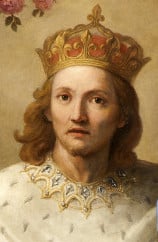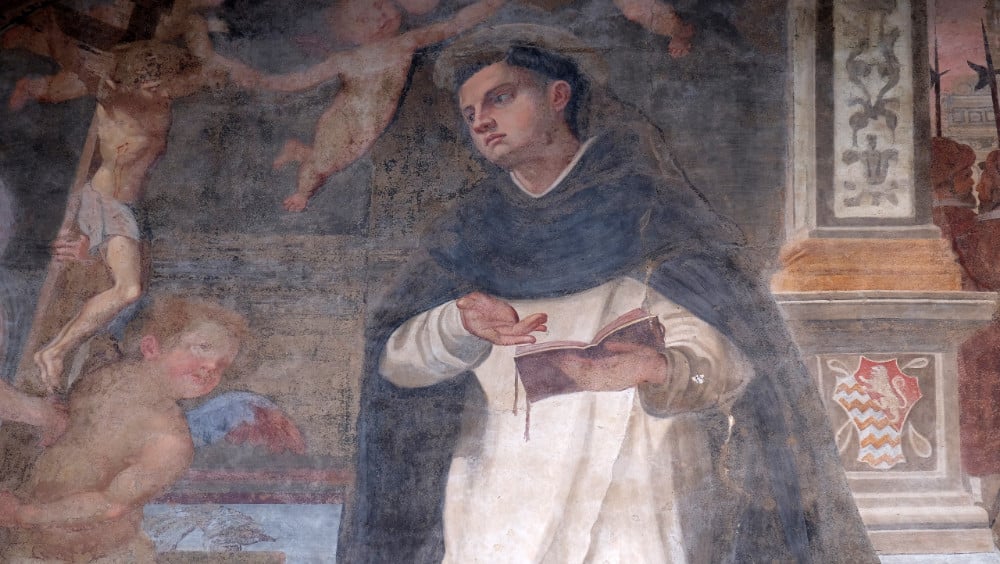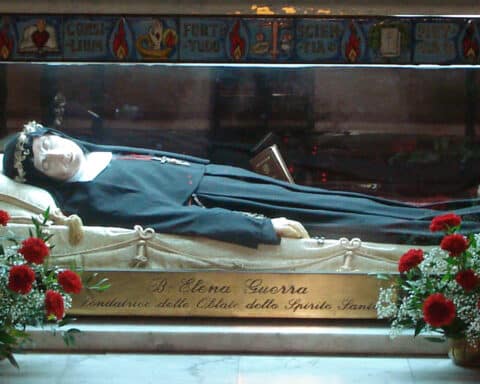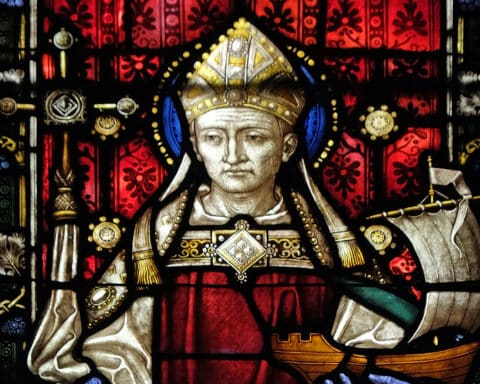He’d have rather kept writing. One of the greatest minds of his day had to break off work to go eat with the most powerful man in his country, because his bosses told him he had to. For him, thinking was, as one of his biographers put it, “much more intoxicating than mere drinking.” He was “always glowing within with the really gigantic plans of exposition and argument which filled his life.” In obedience, he gave up this joy to do what his bosses insisted he do.
How many of us, given the same invitation (to the White House or to Mar-a-Lago, as your politics require) would say no, explaining that we had better things to do? Even if we had better things to do, as indeed we probably do. Few of us, I suspect. I don’t think I would, and if I did, the reason might be more a dislike of the powerful than a recognition of my calling.
We can’t resist the pull of power and celebrity. Nor the reflected glory we can gain from it, so that when talking with friends later we can drop, “When I was talking with President Biden (or former-President Trump), I said ….”

The great mind was St. Thomas Aquinas, his bosses were his Dominican superiors, and the most powerful man was King Louis IX of France, known to us as St. Louis. The biographer was G.K. Chesterton, writing in “The Dumb Ox.”
St. Thomas (in Chesterton’s telling) gives us an example of Christian other-worldliness in his indifference to worldly power. (And also his obedience to his superiors.) The story offers another lesson, and one maybe more useful to us. It shows us what being in the world but not of the world means.
“In the old pagan proverb about kings being philosophers or philosophers kings,” Chesterton wrote, “there was a certain miscalculation, connected with a mystery that only Christianity could reveal. For while it is possible for a king to wish much to be a saint, it is not possible for a saint to wish very much to be a king. A good man will hardly be always dreaming of being a great monarch; but, such is the liberality of the Church, that she cannot forbid even a great monarch to dream of being a good man.”
King Louis IX was such a monarch and, revealingly, one of the few people of his rank to be canonized. Chesterton’s insight was an important one for me when I read it as a new, ill-formed but Catholic-minded Christian. I knew that we were supposed to live in the world but not of the world, as the New Testament tells us repeatedly. It tells us that directly at least 15 times, and, of course, the whole Bible proclaims a new way of living, different from the way the world wants us to live.
Jesus’ “Take up your cross and follow me,” for example: You’re not going to find that in the self-help section. “Your best life now” doesn’t include dying in agony.
I thought of it, as the people who taught me did, as primarily intellectual, a matter of “worldview.” As I heard this preached and taught, it was either a call to separatism without much consideration of how we were to live separately or a call to specific kinds of differences, usually moralistic (and this was true whether I listened to conservative or liberal Christians). I couldn’t see how the instructions differed from the normal life lived in the speaker’s circles.
I noticed, with the young person’s keen sense for other people’s hypocrisy, that very few of the people (conservative or liberal) who said this lived much differently from the world as it expressed itself in their circles. They basically said that God wanted Christians to do what they were doing already.
The conservative Evangelicals said that Christians must not drink, dance, smoke or swear. But they wouldn’t drink, dance, smoke or swear even if they never did go to church. The liberal Protestants said that Christians must help the poor and oppose war, which their secular peers all said. I was saved from cynicism only by knowing saintly people in both groups. Their lives showed that Christianity taught something different.
When I read this passage in “The Dumb Ox,” I suddenly saw clearly that being in the world but not of the world meant more than thinking differently from the world. It meant loving different things than the world loves. Your love of God, however imperfect, changes what you think desirable, what ends you pursue, whose company you most value, in what and in whom you hope. The life it sets you on is not a version of any worldly life. It’s not a more religious version of conservatism or liberalism.
We see this in the two saints. At dinner (if the story Chesterton tells is true), with everyone chatting away, St. Thomas sat quietly until he suddenly slammed his fist on the table and said, “That will settle the Manichees!” It was a breach of courtly etiquette. People must have gasped. The saintly king simply asked a scribe to go write down Thomas’ argument, lest he forget it before he got home.
David Mills writes from Pennsylvania.





